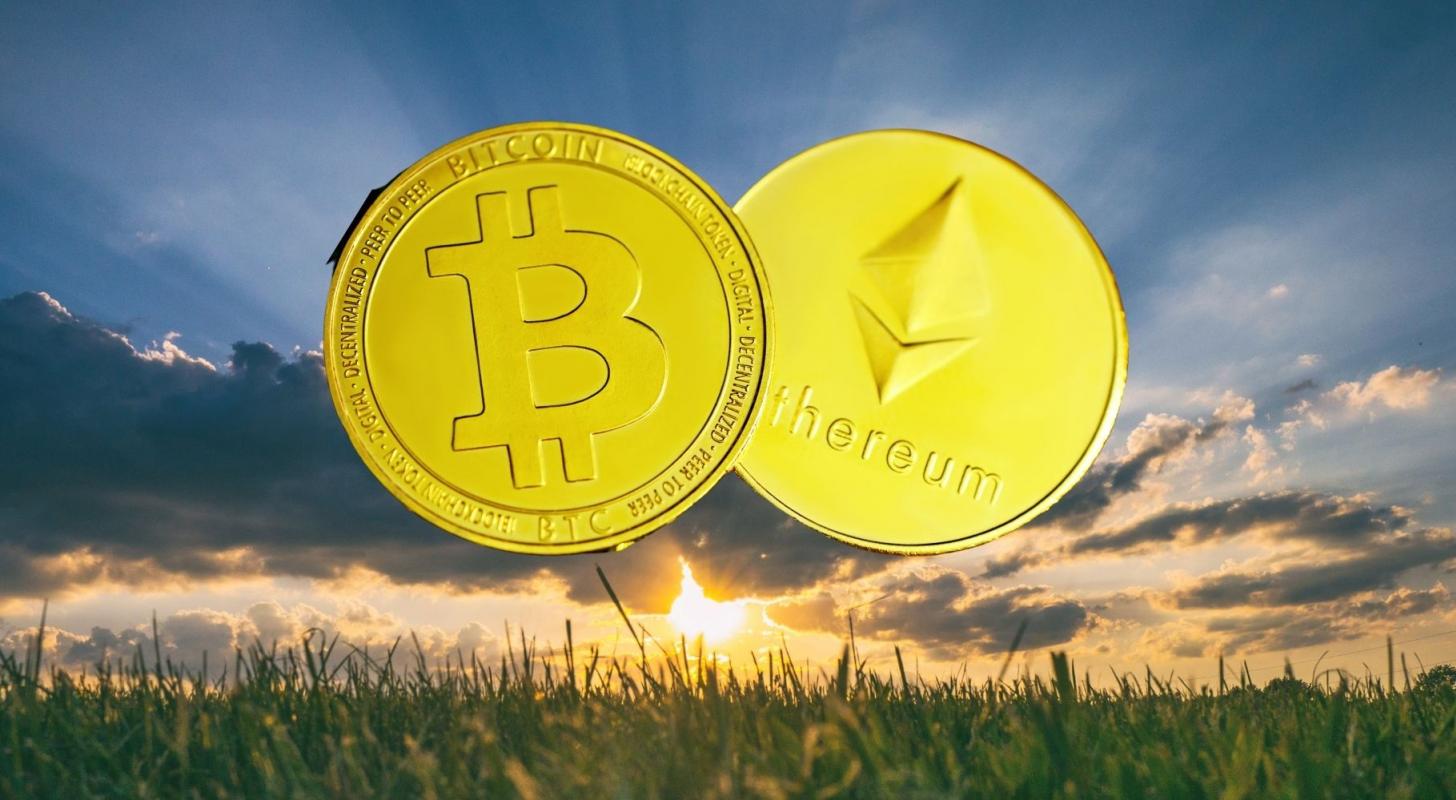
When cryptocurrencies first caught the attention of mainstream investors in early 2017, some crypto experts were quick to claim that they could act as an effective hedge against inflation.
Citing the limited token supply of cryptocurrencies such as Bitcoin BTC/USD The main reason a clique of influential crypto investors and enthusiasts believed was that this scarcity would push cryptocurrency prices higher even in a high-inflation environment.
However, since the boom of 2017, which saw Bitcoin appreciate nearly 1900% in the calendar year, cryptocurrencies have exhibited extreme price volatility and have moved in the opposite direction of the general inflationary trend.
In fact, Bitcoin has been under severe price pressure since the US inflation rate surged 4.7% in 2021 to 7.1% in November 2022warranting careful analysis of why cryptocurrencies have not proven to be a surefire hedge against rising inflation.
Correlation with stock market price trends that reinforce the status of risky assets
Since high inflation rates often erode the value of fiat currencies like the US dollar, investors around the world have traditionally looked for safe havens.
In this sense, precious metals such as gold have been the asset class of choice for both retail and institutional investors who preferred the relatively low price volatility of the yellow metal to other riskier asset classes at such times.
Against this backdrop, the hype around cryptocurrencies being able to theoretically negate the debilitating effects of inflation while appreciating in value drew hordes of Millennial and GenZ investors to this digital asset class. With the younger generation eschewing even other tried and true cryptocurrency asset classes, Bitcoin is expected to hit $100,000 in 2022 ran up.
Instead, the world’s leading cryptocurrency has eroded more than 70% this year, erasing nearly all gains recorded since the outbreak of COVID-19.
This is eerily similar…
[ad_2]
Source story

